Medicinal uses of Babool
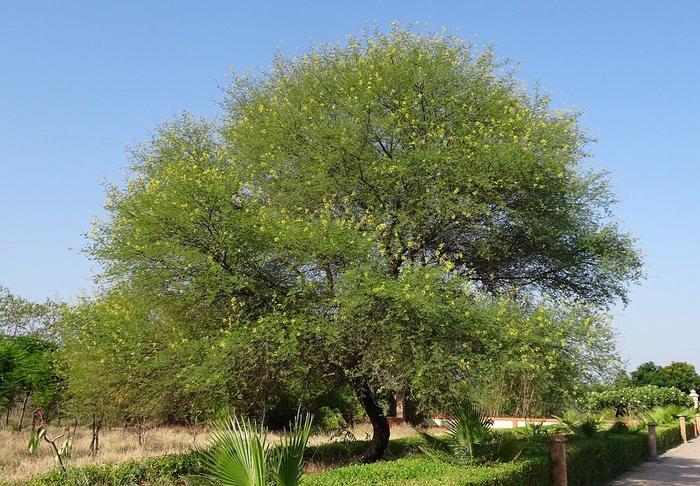
Acacia arabica is commonly known as Babool or Babul. The babool tree has many ayurvedic properties. It helps treat the doshas of Pitta and Kapha.
The bark and gum of the babool tree is aphrodisiac and expectorant. Besides, the gum has soothing properties. It has detoxifying and antipyretic properties. The flowers contain flavonoids like kaempferol 3- glucoside and leucocyanidin.
Babool is loaded with many essential nutrients, vitamins, and minerals like iron, manganese, zinc etc.
Babool has the following health benefits:
- Babool improves dental health. It is widely used in ayurvedic toothpaste to promote the health of teeth and gums. The ash of a burnt pod or peel is used as a toothpowder to treat toothache. The tender branches are used to brush the teeth to strengthen them and prevent dental infections.
- The bark and leaves of babool have anti-inflammatory properties. Hence, they can effectively treat wounds and injuries. Sprinkle babool leaf powder on wounds for faster healing.
- The leaves of babool have anti-inflammatory, antifungal, and antiseptic properties. They help treat skin problems like eczema. They also keep your skin nourishing.
- Apply the paste made from babool leaves on the scalp to prevent hair fall and rinse after 20 minutes. Regular usage of this paste also helps promote hair growth.
- The bark of babool is used to treat urinary tract infections. The gum resin controls menstrual bleeding and eases pain.
- In traditional remedies, the pods of babool are used as an aphrodisiac to improve libido.
- The general recommended dosage of babool is 50 to 100 ml of decoction per day. Seed powder can also be consumed up to 6 grams per day. If gum resin is taken, then 2 to 3 grams is safe to consume.
- Though babool is safe for many people, it has some side effects. Hence, it is not recommended for pregnant women and lactating mothers. Also, people who suffer from asthma and constipation should avoid consuming it.
Image by Bishnu Sarangi from Pixabay (Free for commercial use)
Image Reference: https://pixabay.com/photos/babul-tree-acacia-nilotica-2872022/


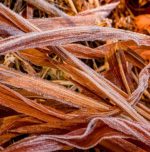
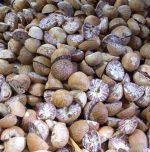
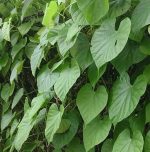
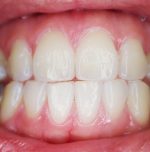



Leave a Reply